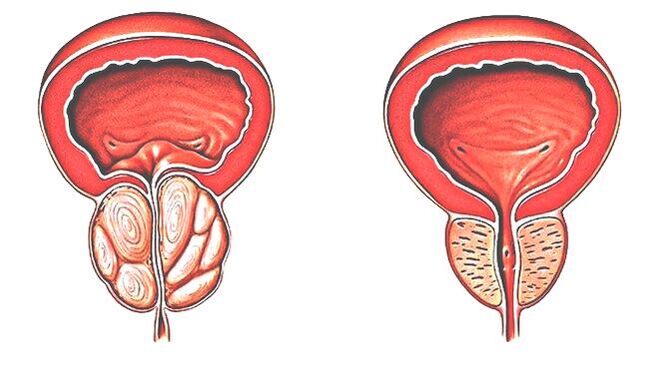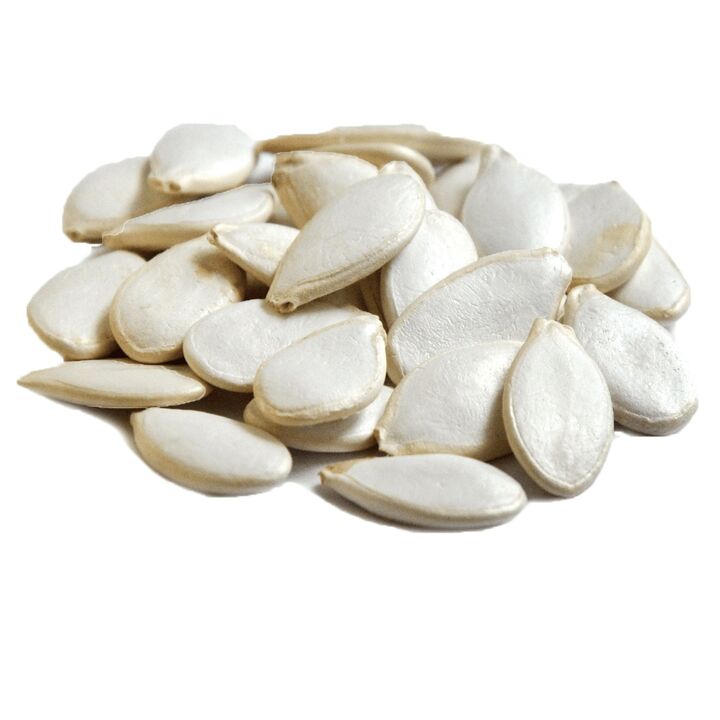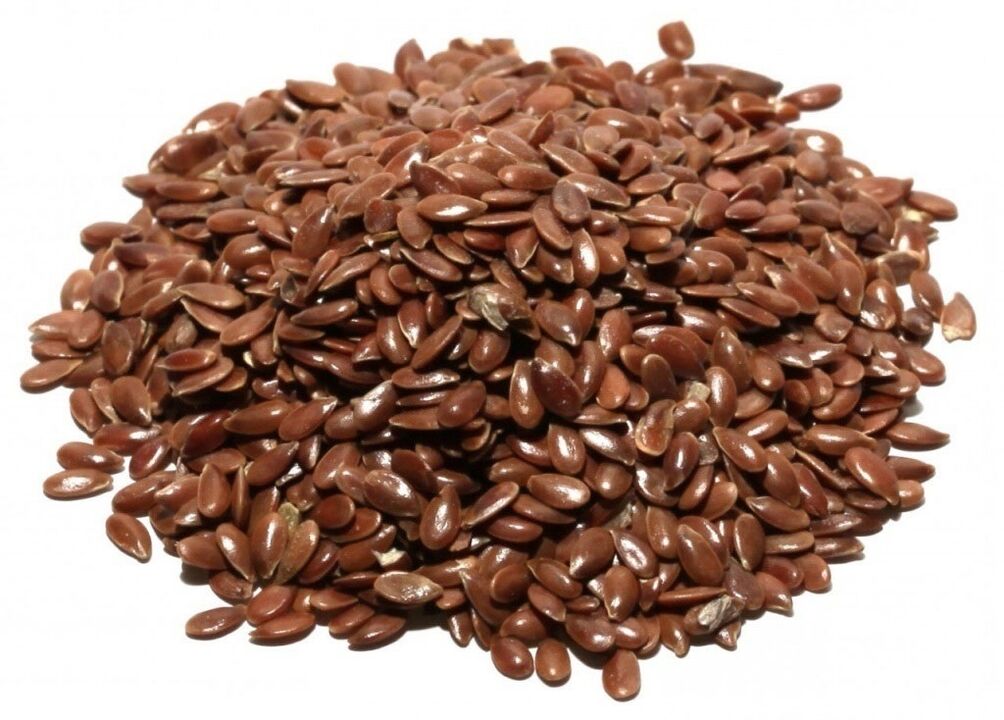Buy capsules revitaPROST
Capsules for treating prostatitis

78 €39 €


| form | explain |
|---|---|
| nonbacterial chronic | It is responsible for up to 95% of cases of prostate inflammation. Occurs due to invasion of the prostate by urine, bacteria (Chlamydia, Trichomonas) and viruses. The presence of autoimmune processes and an unhealthy lifestyle can also have an impact. Bacterial infections can occur through the "lower" route of unprotected sexual contact. It manifests as periodic groin pain and prolonged pain in the pelvic area. Inflammatory markers in urine, prostatic secretions, and semen were normal. revitaPROST capsules are effective in preventing and treating diseases at this stage. |
| bacterial chronic | Relapse due to prostate infection. It is accompanied by impaired sexual performance, pain in the groin and lower abdomen, and difficulty urinating. Untreated chronic forms can lead to complications in the form of cystitis. The bacterial form of the disease is fraught with the spread of harmful bacterial flora in marriages and personal relationships, which is unsafe for women during pregnancy. |
| stagnant state | Related to physiological changes in the venous system, caused by irregular sex life. It can cause perineal and sacral pain, frequent morning urination, erections, and decreased libido. The drug revitaPROST can be used for this form of prevention. |
| Asymptomatic | It appears with age, without obvious external symptoms, and large numbers of bacteria and white blood cells are observed in the urine. |
| acute bacterial | Urgent hospitalization and complex treatment are required. With this form of prostatitis, blood poisoning is possible. The body temperature rises above 38°C, acute urinary retention occurs, severe pain during urination, and white/colorless substance is discharged from the urethra. |




 Patrick
Patrick